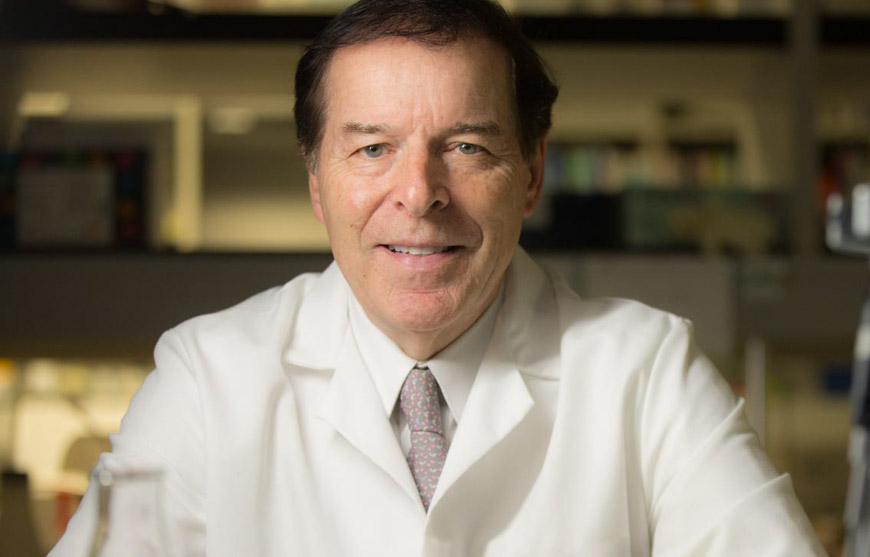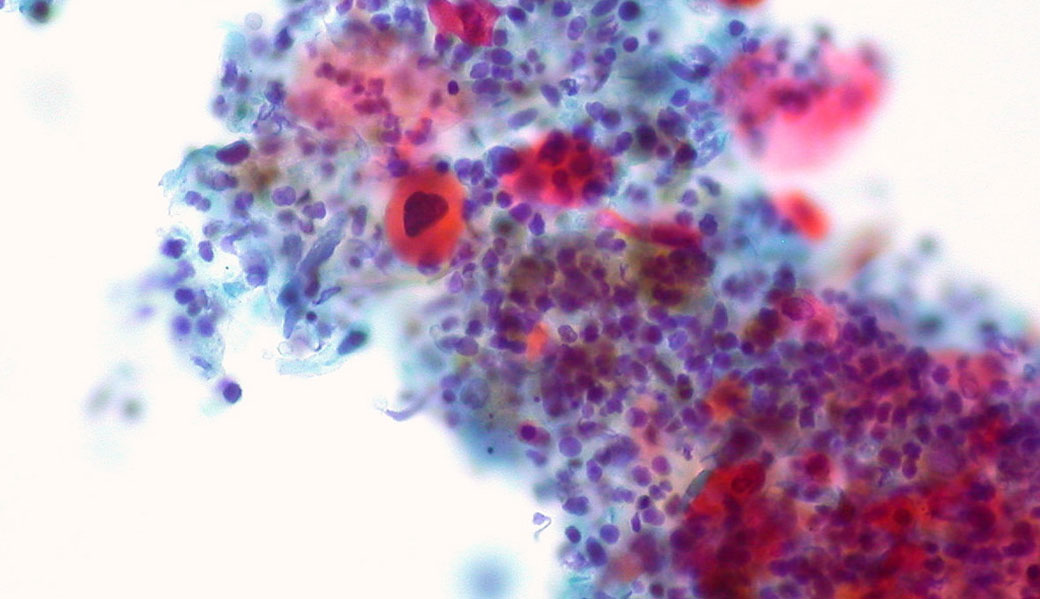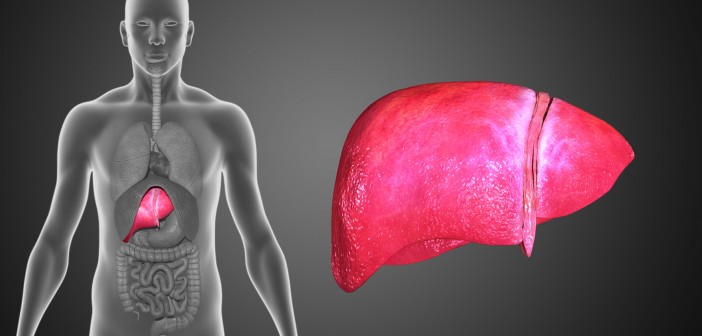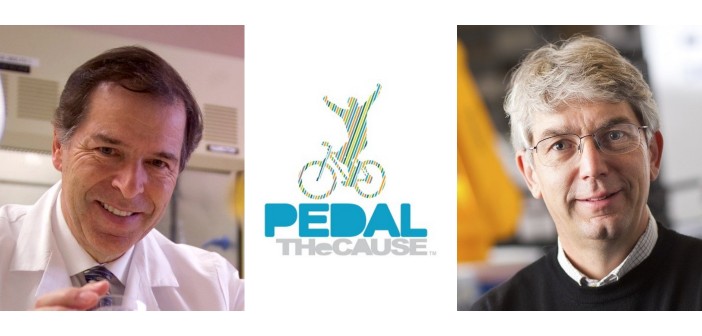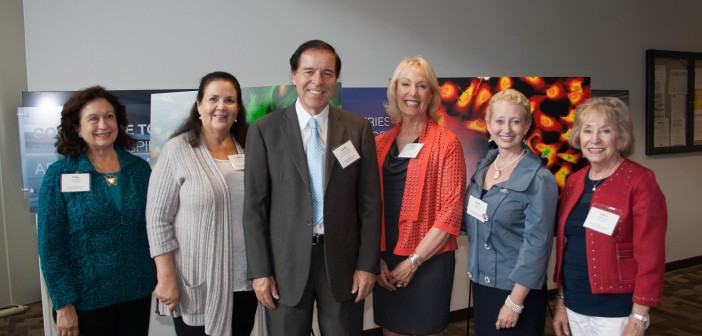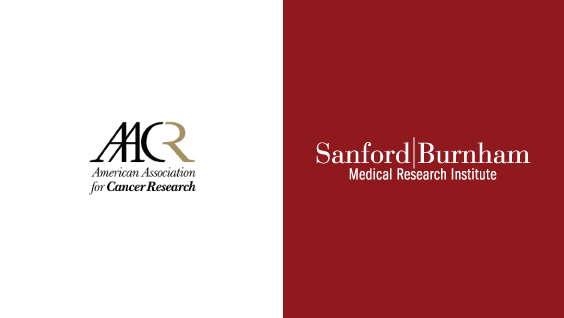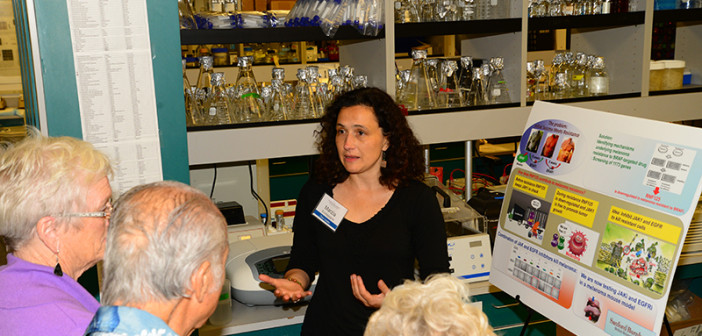A five-year training grant from the National Cancer Institute (NCI) has been awarded to Garth Powis, D. Phil., professor and director of the Sanford Burnham Prebys Medical Discovery Institute (SBP) NCI-designated Cancer Center. The funding will establish a training program to help graduate students and postdoctoral scholars at SBP explore potential careers in cancer research in the biotech industry.
In 1973, more than half of biologists with PhD’s obtained tenure-track positions within six years of graduation. In 2006, this number shrank to 15 percent. The majority of researchers now work in government; at pharmaceutical or biotechnology companies; for independent research institutes; or in research-related positions, such as patent law, science writing and more.
“Opportunities for scientists today are incredibly diverse, creating a need for training programs that help early-career researchers better understand their career possibilities,” says Powis. “We are grateful for the support from the NCI, a leader in creating environments to help innovators learn the business side of science. This program will help streamline the career path for young scientists interested in advancing cancer research in an industry setting, helping them attain successful, fulfilling roles at an earlier point in their career.”
The program will have the capacity for one graduate student and three postdoctoral scientists at SBP. Participants would apply for the program and be selected based on pre-specified criteria. Applications are currently being accepted.
Powis adds, “This training program is also valuable for scientists who wish to stay in basic research, as their discoveries will eventually transition to biotech and pharmaceutical scientists on their journey to patients. Firsthand understanding of the complexities of drug development increases the chances an idea can become a medicine, so this is an invaluable learning opportunity for SBP’s graduate students and postdoctoral scholars.”
Read more about the National Cancer Institute (NCI) Ruth L. Kirschstein National Research Service Award (NRSA) Institutional Research Training Grant (T32).
